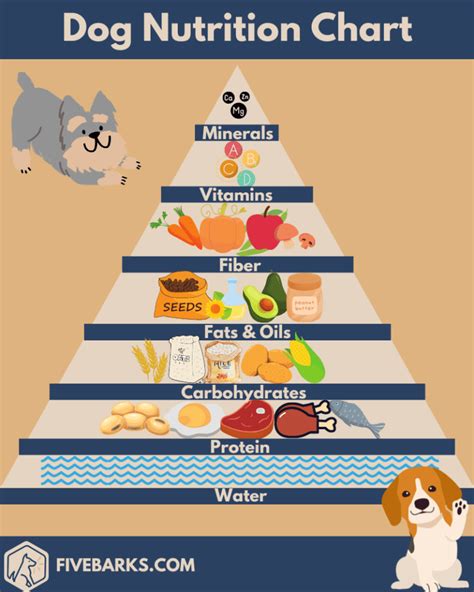Introduction
As our beloved canine companions enter their golden years, their nutritional needs undergo a significant transformation. Understanding the unique dietary requirements of senior dogs is crucial for maintaining their health, well-being, and longevity. This comprehensive guide will delve into the intricacies of dog food and nutrition for seniors, providing valuable insights to help you make informed decisions about your furry friend’s diet.

Nutritional Considerations for Senior Dogs
The aging process in dogs brings about several physiological changes that impact their nutritional requirements. These include:
- Decreased metabolism: Senior dogs burn fewer calories, requiring a reduction in calorie intake to prevent weight gain and obesity.
- Reduced activity levels: As dogs age, they tend to become less active, further decreasing their energy needs.
- Dental issues: Dental problems, such as periodontal disease, can make it difficult for senior dogs to chew, necessitating softer foods or supplements.
- Digestive sensitivities: The digestive system of senior dogs can become more sensitive, leading to food intolerances and allergies.
- Kidney and liver function: Declining kidney and liver function in older dogs may necessitate a diet low in sodium and high in antioxidants.
Choosing the Right Dog Food for Senior Dogs
When selecting dog food for senior dogs, consider the following factors:
- Calorie content: Opt for foods with a lower calorie density to prevent weight gain.
- Protein content: Senior dogs require a high-quality protein source to maintain muscle mass. Aim for foods with a protein content of around 20-25%.
- Fat content: Fats provide energy and support joint health. Choose foods with a moderate fat content of around 10-15%.
- Fiber content: Fiber aids in digestion and helps regulate blood sugar levels. Look for foods with a fiber content of around 5-10%.
- Sodium content: Senior dogs with kidney issues may benefit from foods low in sodium.
- Antioxidants: Antioxidants help protect cells from damage, supporting overall health and longevity.
Transitioning to a Senior Diet
Transitioning your senior dog to a new diet should be done gradually over 7-10 days to avoid digestive upset. Start by mixing a small amount of the new food with the old food, gradually increasing the proportion of the new food over time. Monitor your dog closely for any changes in appetite, digestion, or behavior.
Common Health Issues in Senior Dogs and Dietary Considerations
- Arthritis: Omega-3 fatty acids, glucosamine, and chondroitin supplements can support joint health.
- Cardiovascular disease: Foods low in sodium and high in antioxidants can help reduce the risk of cardiovascular problems.
- Kidney disease: A diet low in sodium and protein may be necessary for dogs with kidney issues.
- Liver disease: A high-quality diet with antioxidants can support liver function.
- Dental disease: Soft foods or dental chews can help maintain oral health.
Importance of Regular Veterinary Check-ups
Regular veterinary check-ups are crucial for monitoring your senior dog’s health and making necessary adjustments to their diet as they age. Your veterinarian can assess your dog’s overall condition, provide dietary recommendations, and detect potential health issues early on.
Foods to Avoid for Senior Dogs
Certain foods should be avoided for senior dogs, including:
- Table scraps: Human food can be high in fat, sodium, and other ingredients that are not suitable for senior dogs.
- Raw meat: Raw meat can contain harmful bacteria that can make senior dogs sick.
- Dairy products: Some senior dogs may be lactose intolerant, making dairy products difficult to digest.
- Sugary foods: Sugar can contribute to weight gain and other health problems.
- Foods high in sodium: Foods high in sodium can worsen kidney problems.
Conclusion
Providing your senior dog with a nutritious and balanced diet is essential for their well-being and longevity. By understanding their unique nutritional needs, choosing the right dog food, and transitioning gradually to a senior diet, you can help your beloved companion live a long, healthy, and happy life. Remember, regular veterinary check-ups are crucial for monitoring your dog’s health and making necessary dietary adjustments as they age.





















